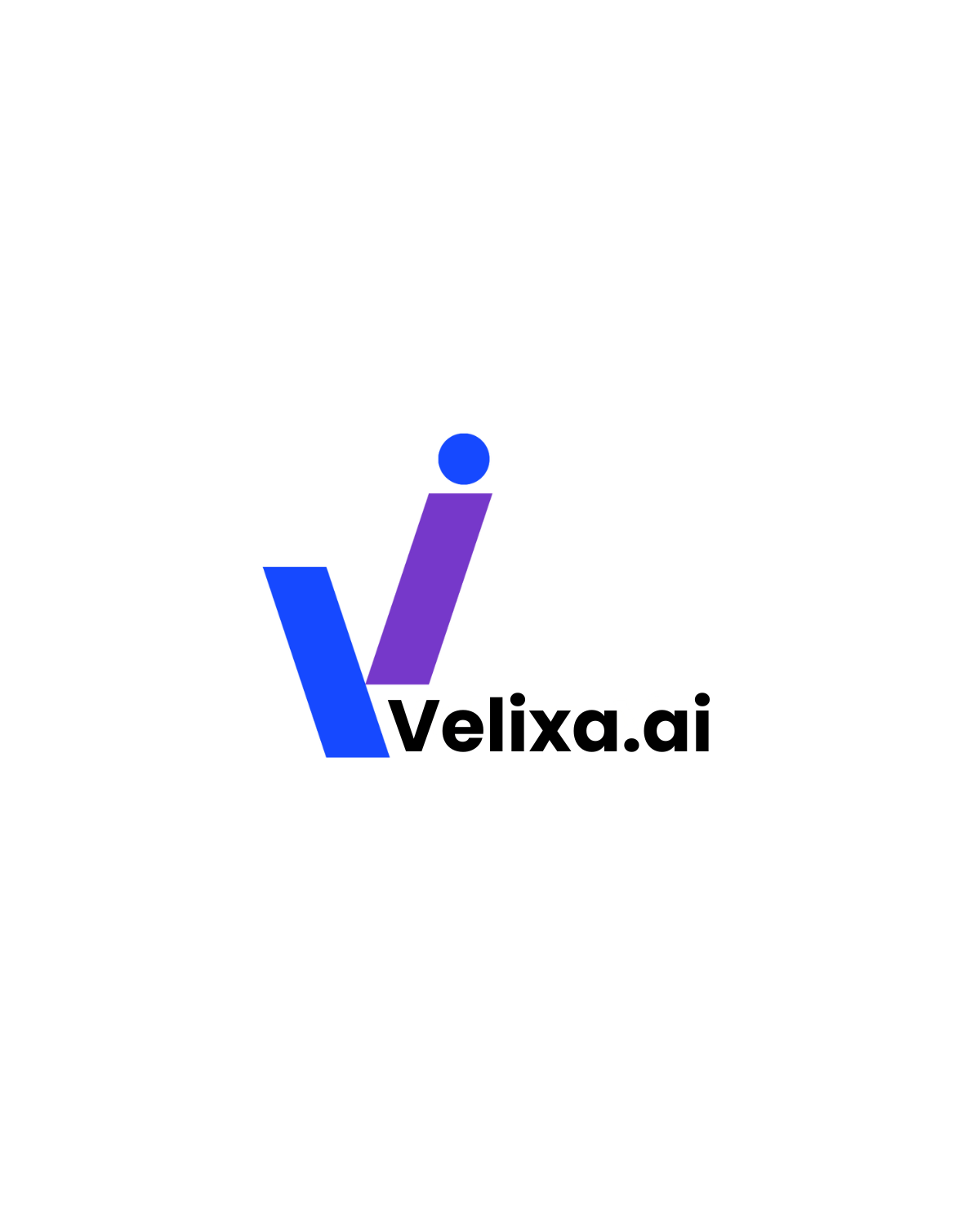In the ever-evolving world of digital marketing, keywords and tags play a pivotal role in connecting businesses with their target audience. These tools act as navigational beacons, guiding potential customers to relevant content and enhancing visibility in the crowded digital space.
Keywords: The Backbone of Search Engine Optimization (SEO)
Keywords are the specific words or phrases that users type into search engines to find information. Integrating the right keywords into your content can:
- Boost Search Rankings: Search engines use keywords to determine the relevance of your content. By targeting the right keywords, you increase your chances of appearing at the top of search results.
- Enhance User Experience: Well-researched keywords align your content with user intent, ensuring that visitors find what they’re looking for.
- Drive Organic Traffic: High-ranking keywords attract more clicks, bringing in a steady stream of organic visitors.
However, the key is balance. Overstuffing content with keywords can lead to penalties and a poor user experience.
Tags: Organizing and Optimizing Content
Tags are labels that categorize and organize your digital content. Commonly used in blogs, videos, and social media, tags:
- Improve Discoverability: Tags help algorithms understand and recommend your content to users interested in similar topics.
- Enhance Navigation: They make it easier for visitors to explore related content on your website or platform.
- Boost Engagement: By grouping content under relevant tags, you keep your audience engaged and encourage them to explore more.
For instance, on social media platforms like Instagram or Twitter, hashtags (a type of tag) increase visibility and reach by connecting your posts to trending topics or niche communities.
The Symbiotic Relationship
Keywords and tags complement each other. While keywords drive traffic to your content, tags organize and optimize it for better user engagement. Together, they create a seamless digital experience that caters to both search engines and audiences.
Best Practices
- Conduct thorough keyword research using tools like Google Keyword Planner or SEMrush.
- Use relevant and specific tags to categorize content.
- Monitor performance and adjust strategies based on analytics.
Conclusion
Keywords and tags are indispensable in digital marketing. By leveraging them effectively, businesses can enhance visibility, attract the right audience, and drive meaningful engagement. In a digital landscape brimming with competition, mastering these tools can make all the difference.
Images:
- Image of a keyword research tool dashboard.
- Visual representation of tags on a blog interface.
- Search engine results page (SERP) highlighting keyword-rich content.
- Social media post showcasing popular hashtags.
- Infographic of best practices for using keywords and tags.
